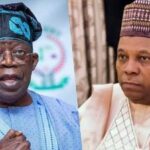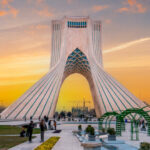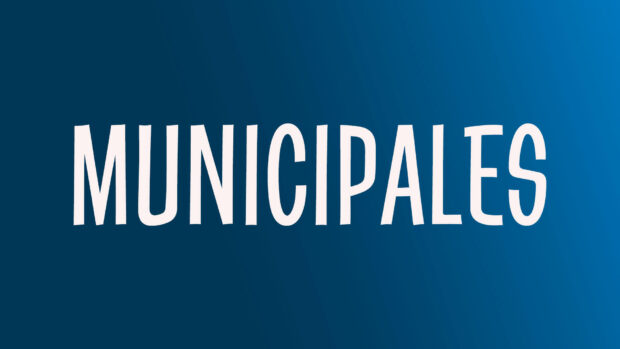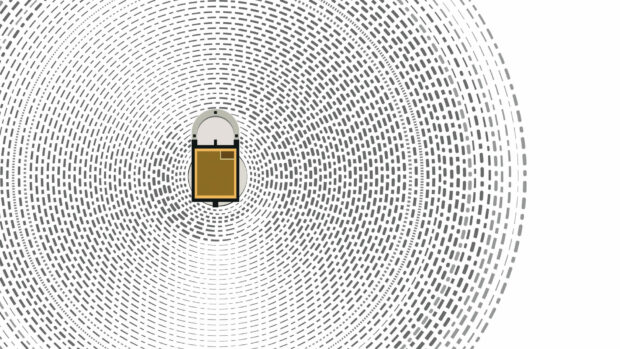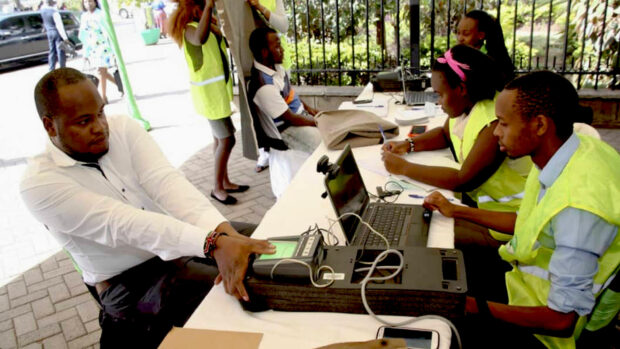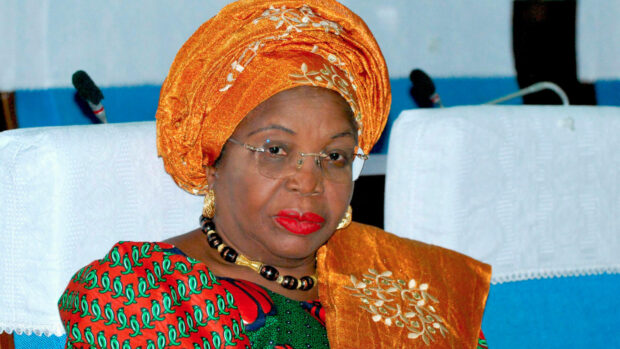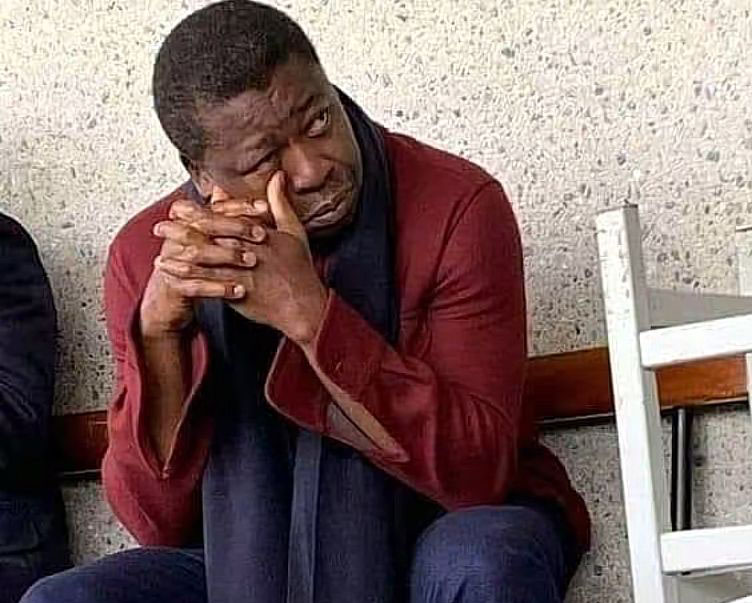
For over five decades, the Gnassingbé family has maintained an iron grip on Togo’s political landscape. What began with Gnassingbé Eyadéma’s military coup in 1967 has evolved into a sophisticated system of institutional control under his son, Faure Gnassingbé.
But how exactly has the regime entrenched its power? And what does this mean for Togo’s democracy?
In this article, we explore:
✔ The military’s role in sustaining the regime
✔ Constitutional changes that lock in power
✔ International reactions and local resistance
✔ What the future holds for Togo’s governance
From Military Rule to “Democratic” Monarchy
1. The Eyadéma Era (1967-2005): Army as the Backbone
- Seized power in a coup, ruled for 38 years
- Personalized the military—loyalists dominated key units
- Eliminated rivals through repression and co-optation
2. Faure Gnassingbé’s “Modernized” Authoritarianism (2005-Present)
- Took power after father’s death amid military-backed succession
- Won disputed elections (2005, 2010, 2015, 2020)
- Constitutional tweaks extend term limits without outright bans
“Togo’s democracy is a façade. The real power lies in the barracks and the presidential palace.”
— Political Analyst, Lomé
The 2024 Constitution: A Coup by Another Name?
The regime’s latest move—replacing a presidential system with a parliamentary model—has raised alarms:
🔴 Removes direct elections—President now chosen by MPs (dominated by ruling party)
🔴 Creates new “Council of Ministers” role—potentially allowing Faure to rule indefinitely
🔴 Weakens judiciary oversight—consolidates control over legal challenges
Opposition Response:
- “A constitutional coup” — Nathaniel Olympio, ANC Party
- “The regime is scared of real democracy” — Brigitte Adjamagbo, DMP
How the Military Ensures Continuity
Togo’s security forces remain the regime’s ultimate insurance:
✅ Top generals are family allies
✅ Military budget increased 40% since 2015
✅ Crackdowns on protests (2005, 2017, 2022)
“Soldiers don’t just protect the state—they protect the Gnassingbés.”
— Security Expert, West Africa
International Reactions: Complicity or Complacency?
🌍 ECOWAS: Silent on constitutional changes
🇺🇸 US: Mild criticism but maintains military cooperation
🇫🇷 France: Historic ties, muted response to authoritarian drift
Why?
- Togo’s role in regional security (counterterrorism in Sahel)
- Economic interests (phosphate, port access)
What’s Next for Togo?
Possible Scenarios:
1️⃣ Perpetual Gnassingbé Rule (Faure transitions to PM role after 2025)
2️⃣ Youth-Led Uprising (Growing frustration among urban activists)
3️⃣ Military Fracture (If factions turn against the family)
Final Thoughts
Togo’s political system is now a hybrid regime—formally democratic but structurally autocratic. Without major internal or external pressure, the Gnassingbé dynasty could last decades more.


